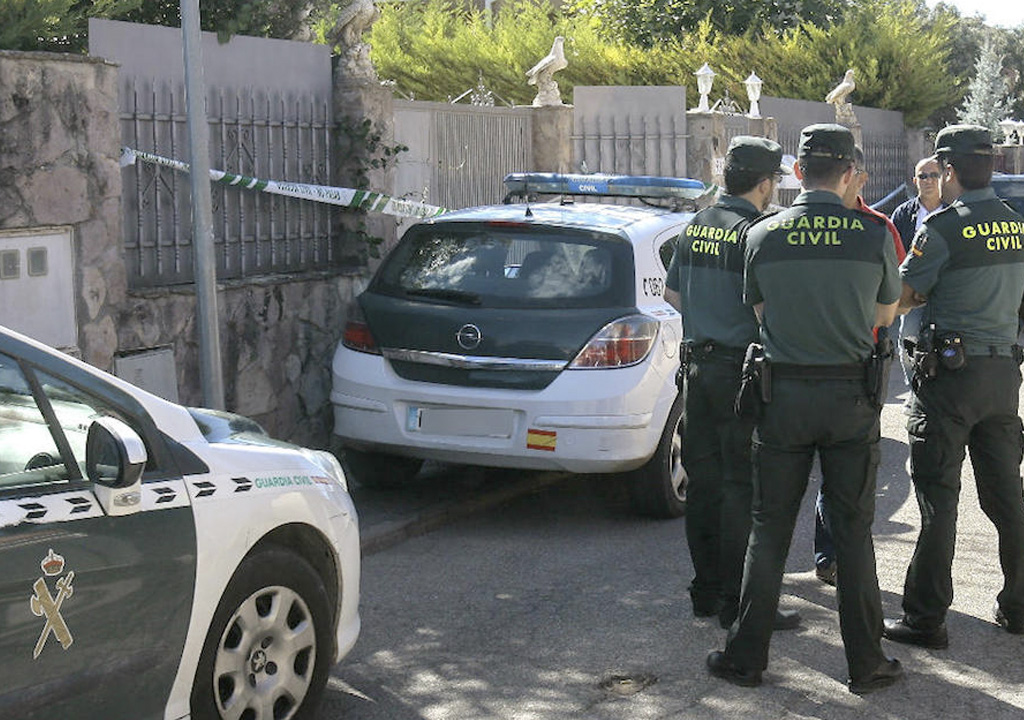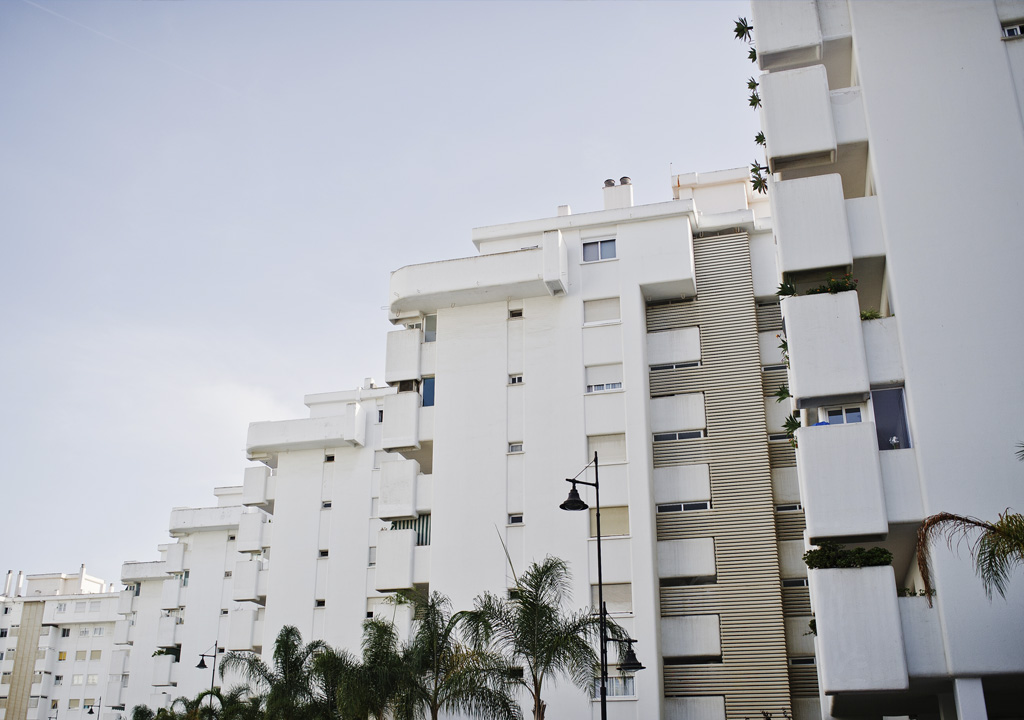How suspended sentences work in Spain
The Spanish Criminal Code authorises the Judge or Tribunal, which passed a sentence of imprisonment to suspend it for a certain term.
This usually applies in cases of up to 2 years.
The suspension of the sentence is based upon the condition that the convicted party does not commit a second offence within this term.
The requisites for this suspension are that the sentenced party has no prior criminal convictions.
The individual must have admitted to committing the offence and has repaired all damage caused and paid all compensation/liability (if applicable).
However, this principle, set out in article 80 of the Spanish Criminal Act, is by discretionary application to the Judge or Tribunal.
It is not, as is commonly believed, an automatic right for the convicted party.
The Judge or Tribunal, thus, can (but is not forced to) suspend the execution of the sentence.
Yet the judge can also reject the application and enforce the execution of the sentence by imprisoning the convicted party.
This can even apply if the period of imprisonment set out in the sentence is minimal.
Why can a suspension not be granted for a sentence of under 2 years?
Recently in Spain there have been cases concerning domestic violence whereby the convicted individual qualifies for a suspension of the sentence, as detailed above, however the Court have seen fit to deny the request for a suspended sentence.
Also, those convictions related to cronyism and bribes in public administrations, or cases of political corruption or non-payment of taxes, often lead to the Courts rejecting the suspension application.
Read our full guide to criminal law in Spain here: DOWNLOAD












